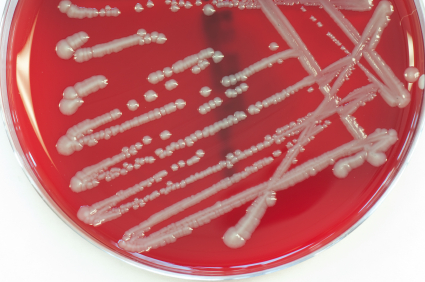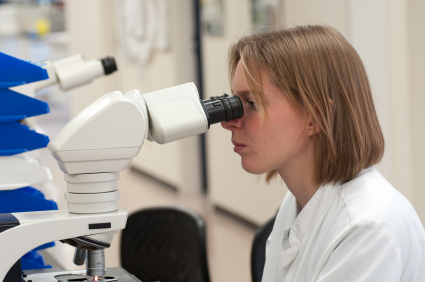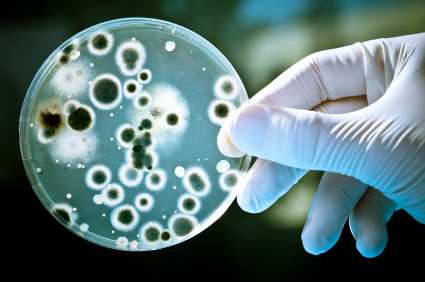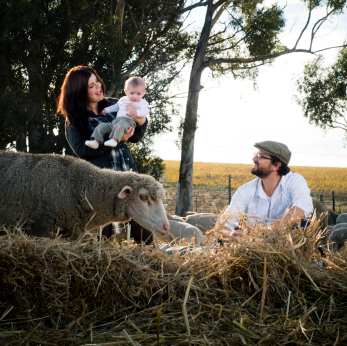With Asthma, Which Came First, Genes or Bacteria?
 January 14, 2011
January 14, 2011 
In my last three posts, I’ve been writing about the puzzling and intriguing association between the microbes in our bodies and asthma. Research seems to show that the lungs and guts of children with asthma house different and less varied communities of bacteria, fungi, and viruses than non-asthmatic children.
Research also seems to show that very early exposure to a great variety of such microbes protects against asthma. For instance, babies raised in rural areas or born vaginally, are far less likely to have asthma than babies born by caesarian section or raised in “clean,” disinfected urban environments.
However, these connections are merely associations of one condition with another. We don’t know if there is a cause and effect relationship. Perhaps the children with asthma are genetically likely to have the disease, and the same genetic make-up also predisposes them to host specific microbial communities in their bodies. Perhaps on the other hand, the children without asthma have different genes, that protect them from the disease and, at the same time, allow them to host different and more varied microbial communities.
This is a special version of the quirky “nature or nurture” problem. Nature or nurture is a human idea that probably has nothing to do with biological reality. Many such questions turn out to have complex answers or no true answers at all. Unquestionably, the association of health or asthma with various internal communities of bacteria is complicated. It is a research adventure full of wonder, worth following for some time to come.




